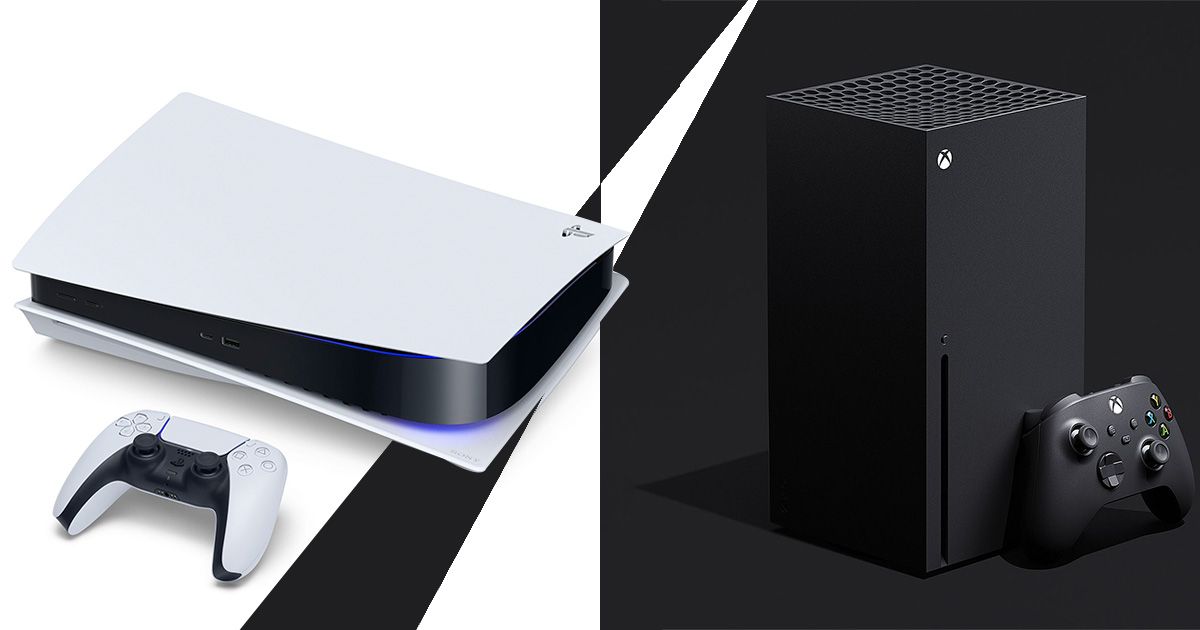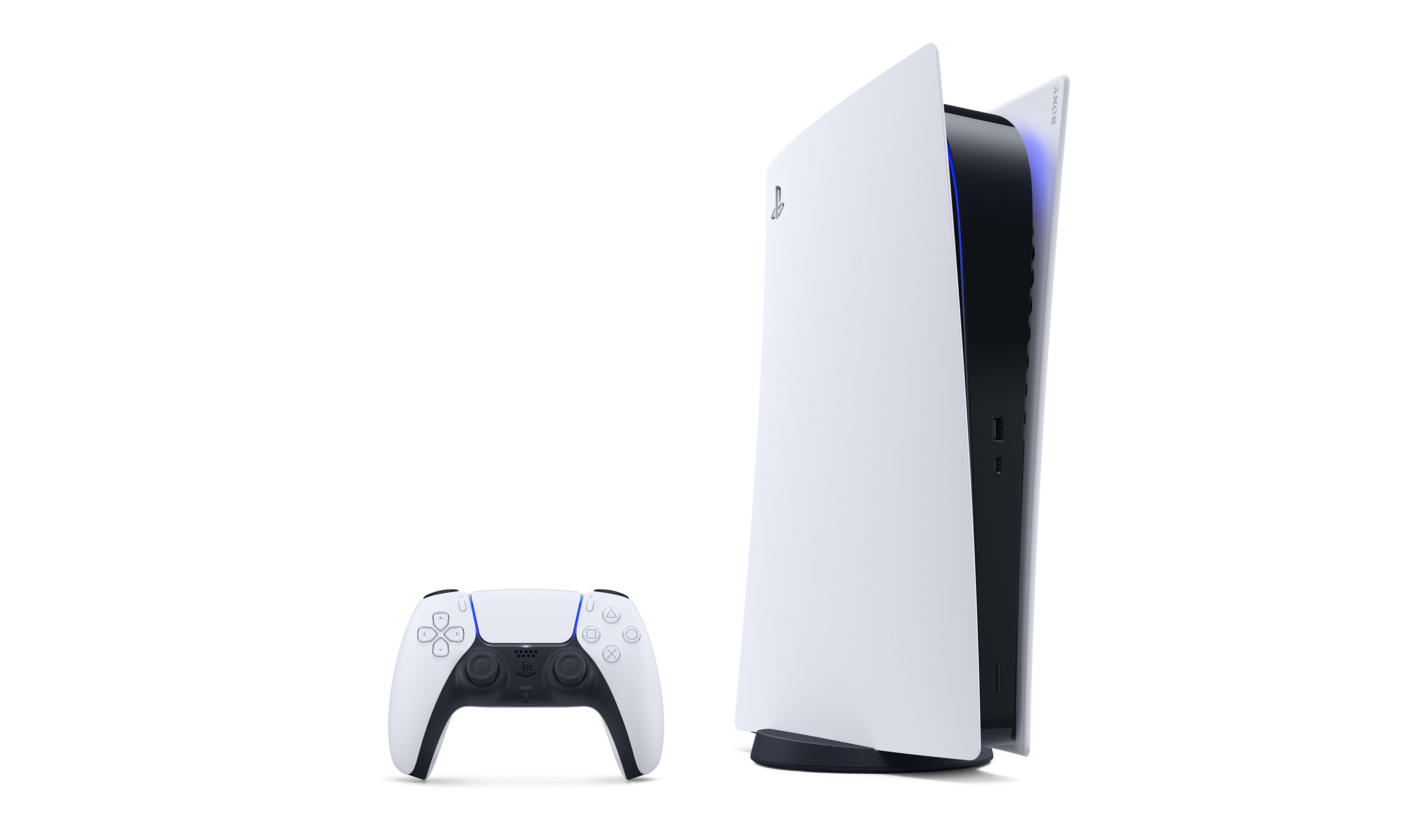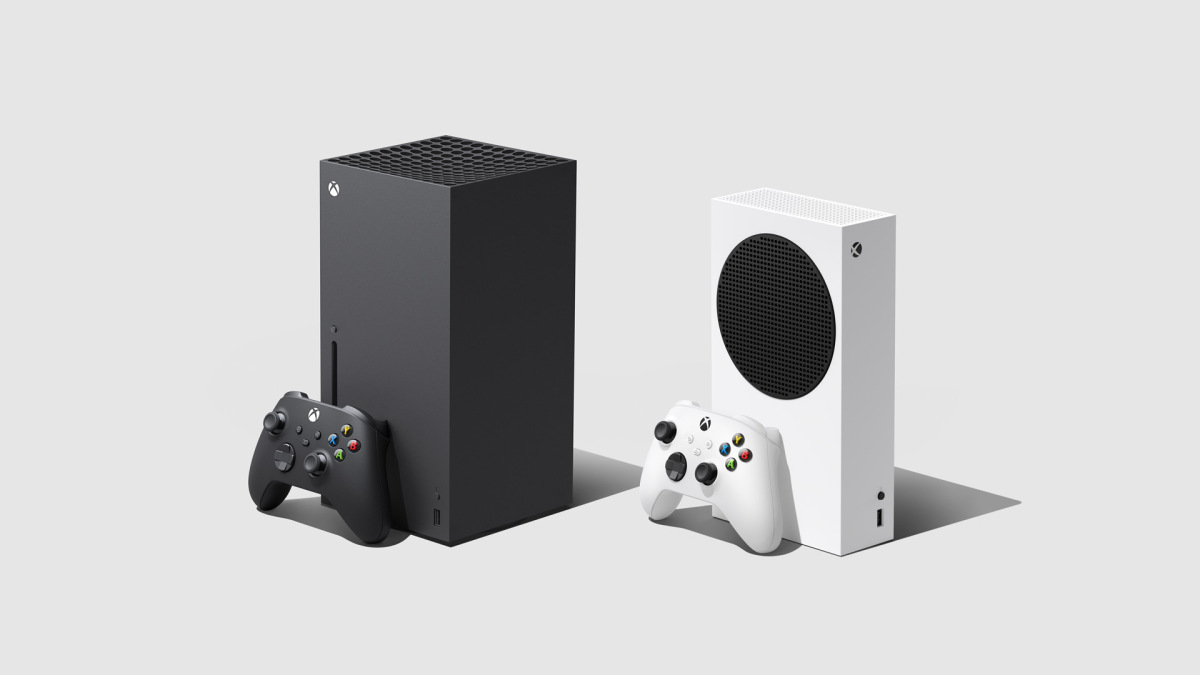
If you want to know how much video games are contributing to your energy bills it’s actually fairly easy to calculate…
Everyone is always trying to find ways to save a bit of money on electricity, but it’s become a far more pressing issue with , and again in January.
The has outlined plans to assist people with those bills, but you’ll still want to do as much as you can to make use of energy saving tips.
Game consoles, in particular, can be a key factor in high energy bills, depending on how frequently they’re used. Some gamers across the country have even considered to try and save money.
If you want to avoid doing that, or consider it an absolute last resort, we’ve looked into how costly it is to play game consoles and what steps can be taken to reduce your bills without giving up everything.
How much money is spent while using PlayStation 5?

For a while now, Sony, Microsoft, and Nintendo have all shared average power consumption measurements for their respective consoles.
So, we can make a rough estimate of how much they’ll contribute to your energy bills when using them.
Starting with the PlayStation 5, says that, whilst gaming, it uses up to 196.9 watts on average. So, let’s just round that up to 197 watts.
lists the current price cap at 28p per kWh (kilowatt hour), but it’s going up to 52p per kWh in October. So, if you were to play your PlayStation 5 for two hours straight every day in October, that’s £1.43 a week you’re spending.
It’s worth noting that the amount of energy spent depends on the kind of game you’re playing and how graphically intensive they are. Plus, these figures are for the launch model of PlayStation 5 with the disc drive.
However, we did the maths and the difference between models is negligible. So, if you’re planning on buying a PlayStation 5, it doesn’t matter that much which model you pick.
If you can wait though, it’s worth grabbing once it launches here in the UK. A recent breakdown revealed that it’s more energy efficient, using roughly 20 to 30 watts less than its predecessors.
The PlayStation 5 also barely uses any energy while in its default standby mode. It uses 0.3 watts so, even if you don’t use the console at all, that’s costing you 3p a week.
You can opt to unplug the console from the mains whenever it’s not in use if the idea of it wasting any money concerns you. If not, we advise making sure the rest mode is set to low power use.
If you’re letting it supply power through the USB ports (for charging a controller, for example) and stay connected to the Internet, that’s almost 4 watts of energy which works out at 5p a day.
How much money is spent while using Xbox Series X?

Looking at , it seems the Xbox Series X is more energy efficient than Sony’s console, at least when it comes to gaming sessions.
While in active use, it lists the Xbox Series X as using 153 watts. So, a two hour session every day in October totals £1.11 per week.
Since it’s less powerful, the Xbox Series S uses even less than that, only 74 watts. So, the same two hours every day would cost 54p per week.
They do use slightly more energy than the PlayStation 5 while in standby mode: 0.5 watts for the Xbox Series X and 0.4 watts for the Xbox Series S.
If you haven’t already, it’s advised you set your Xbox up so it’s on energy saver mode. It was recently discovered that leaving it on instant-on mode (which boots the console up faster) would cost you .
How much money is spent while using Nintendo Switch?

Out of all three major game consoles, the Nintendo Switch is easily the cheapest in terms of energy consumption. cites it as using 7 watts while playing games through your TV. For our two hours every day example, that’s only 5p per week.
The website does only list this for the more recent Switch model, which has improved battery life compared to the launch model. There’s no mention of the launch model’s energy usage, but it’s unlikely that there’s any drastic difference between the two.
Nintendo also only uses as a point of reference. Given that’s one of the more graphically intensive games for the console, titles with simpler visuals may use even less energy.
In case you’re wondering, the OLED Model isn’t that much cheaper by comparison. It uses 6 watts so playing the same game for the same amount of time costs 4p per week.
When left in sleep mode, both models use 0.3 watts, even while connected to Wi-Fi, the same as the PlayStation 5.
How much money is spent while using a gaming PC?
This is much harder to narrow down since it entirely depends on what sort of PC you’re using and what games you’re playing.
In an article from May of this year, estimated that the average gaming PC can use around £280 to £300 worth of electricity a year.
Even one at its most efficient may require 450 watts when running a graphically complex game. If we apply that to our two hours a day example, that’s £3.28 per week, making it more expensive than any of the home consoles we’ve listed.
How can I save energy while playing video games?
The obvious answer is to make sure your console or PC is completely turned off when not in use. Much like , pressing the power button doesn’t actually switch the console off; it only powers down.
If you want to be extra sure, you can even unplug your consoles whenever you’re not using them. Just make sure they’re turned off from the dashboard before doing so.
Aside from that, maybe just try and cut back on how long your play sessions are. At 52p kWh, playing the PlayStation 5, for example, for two hours every day costs nearly £76 per year. Make that three hours every day and it goes up to less trivial £114 per year.

Email [email protected], leave a comment below, and .
Follow Metro Gaming on and email us at [email protected]
To submit Inbox letters and Reader’s Features more easily, without the need to send an email, just use our .
For more stories like this, .




















